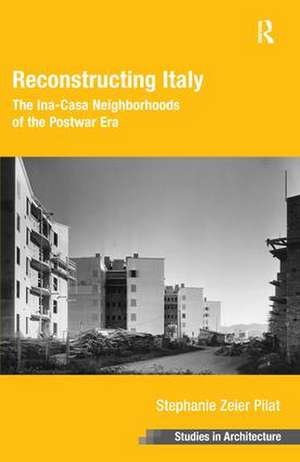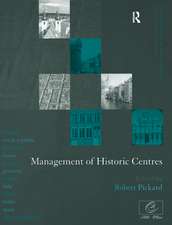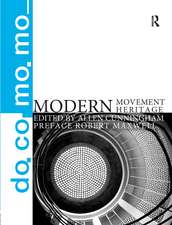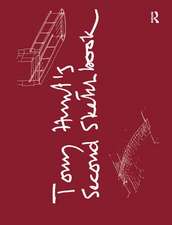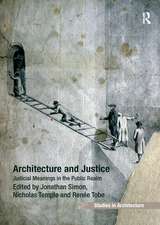Reconstructing Italy: The Ina-Casa Neighborhoods of the Postwar Era
Autor Stephanie Zeier Pilaten Limba Engleză Hardback – 28 iun 2014
| Toate formatele și edițiile | Preț | Express |
|---|---|---|
| Paperback (1) | 325.43 lei 6-8 săpt. | |
| Taylor & Francis – 11 oct 2016 | 325.43 lei 6-8 săpt. | |
| Hardback (1) | 828.07 lei 6-8 săpt. | |
| Taylor & Francis – 28 iun 2014 | 828.07 lei 6-8 săpt. |
Preț: 828.07 lei
Preț vechi: 1107.56 lei
-25% Nou
Puncte Express: 1242
Preț estimativ în valută:
158.47€ • 164.51$ • 132.14£
158.47€ • 164.51$ • 132.14£
Carte tipărită la comandă
Livrare economică 25 martie-08 aprilie
Preluare comenzi: 021 569.72.76
Specificații
ISBN-13: 9781409465805
ISBN-10: 1409465802
Pagini: 306
Dimensiuni: 174 x 246 x 24 mm
Greutate: 0.91 kg
Ediția:1
Editura: Taylor & Francis
Colecția Routledge
Locul publicării:Oxford, United Kingdom
ISBN-10: 1409465802
Pagini: 306
Dimensiuni: 174 x 246 x 24 mm
Greutate: 0.91 kg
Ediția:1
Editura: Taylor & Francis
Colecția Routledge
Locul publicării:Oxford, United Kingdom
Notă biografică
Stephanie Zeier Pilat is an Assistant Professor of Architecture at the University of Oklahoma. Her research examines points of intersection between twentieth-century politics and architecture.
Cuprins
Introduction: Reconstructing Italy; I: The Development of the Ina-Casa Plan; 1: The Development of the Ina-Casa Plan; 2: Envisioning a New Italy: The Projects Office of Ina-Casa; II: The Results of the Plan; 3: Building Community: The Urban Planning and Design of Ina-Casa; 4: Building on Tradition: Appropriations of Local Histories in the Neighborhoods of Ina-Casa; 5: Inside the Homes of Ina-Casa; III: The Reception and Legacy of Ina-Casa; 6: Life in the Neighborhoods and Homes of Ina-Casa; 7: The Critical Reception of Ina-Casa; Epilogue: An Architectural Legacy of Ina-Casa
Descriere
This book examines what made Ina-Casa a success among so many failed housing experiments, focusing on the tenuous balance struck between the legislation governing Ina-Casa, the architects who led the Ina-Casa administration, the theory of design that guided architects working on the plan, and an analysis of the results-the neighborhoods and homes constructed. Drawing on the writings of the architects, government documents, and including brief passages from works of neorealist literature and descriptions of neorealist films by Pier Paolo Pasolini, Italo Calvino and others, this book presents a portrait of the postwar struggle to define a post-Fascist Italy.
